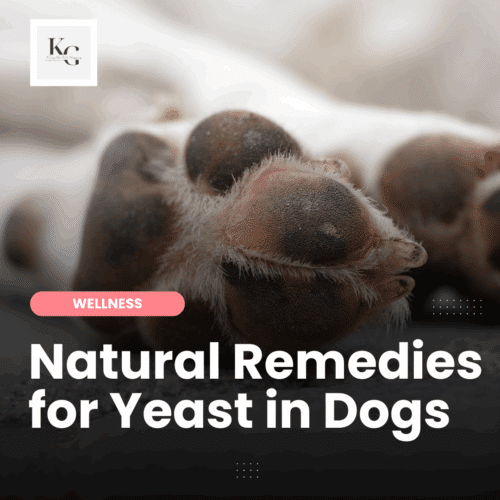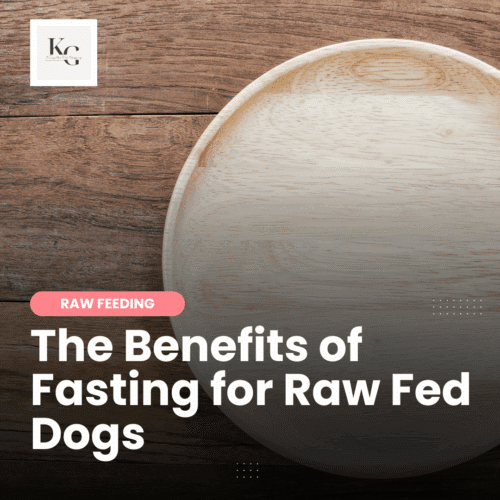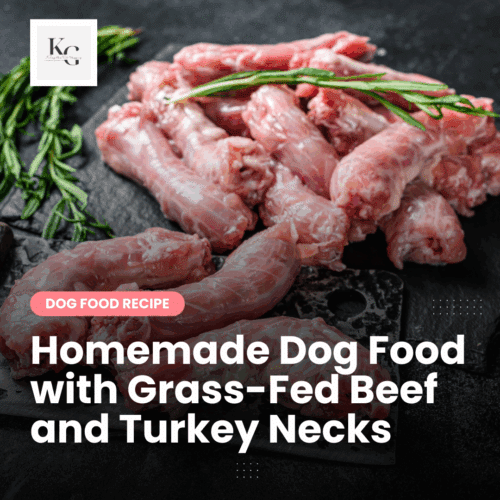Keep the Tail Wagging is supported by pet parents. I occasionally earn a commission (at no additional cost to you) when you click through an affiliate link to one of my favorite products. Thank you for your support. Read More
There are a lot of opinions on which nuts are dogs can and cannot eat,. I read in one discussion that we're supposed to peel the skin off of almonds before feeding them to our dogs.
What the WHAT????
I love mixed nuts and buy a container of unsalted mixed nuts whenever I pop into Costco. And, yes, I share these nuts with the dogs and they love them too. But there are members of the dog lover community who believe that nuts are dangerous for dogs. Is this true?
I've always looked at nuts as a good source of fiber, protein, and healthy fat. This makes nuts a much healthier snack than many of the treats sold for dogs today.
Warnings About Feeding Nuts
Peanuts were a big part of my dogs' diet for years because I used peanut butter to hide medication, as an occasional treat, and to stuff in Kongs. Over the years, I cooled down on the peanut butter because of the issues. First, we were warned about xylitol, a sweetener that is harmful (and can be deadly to dogs). But, no worries because the brands I buy don't have xylitol.
And then there were the warnings about aflatoxins. When the nuts are stored in warehouses, they can attract mold, which isn't good for our dogs or us humans.
With those warnings out there, you'd think that I'd avoid nuts but I refuse – instead, I've become more particular about the nuts I buy.
Feeding Nuts to My Dogs
So, I heard people when they talked about the risks of feeding nuts to our dogs and these warnings shaped the products that I buy. I don't shop for nuts for my dogs; nope, these are my nuts. But sometimes one of the dogs will hit me the sad, puppy dog, “I'm Starving” eyes and I share. Scout has perfected this look since he's been on prednisone.
As I shared above, I buy the unsalted mixed nuts from Costco, which contain cashews, walnuts, almonds, and pistachios. Yes, this is a high fat/calorie snack, but it's also healthy. We as a society began demonizing fat decades ago and today people still lump all fats in the “unhealthy” category.
Nuts for Dogs: the Good, the Bad, and the Ugly
First, I want to make it clear that nuts are NOT a regular part of my dogs' diet, so I'm not worried about making my dogs fat because of the additional calories added to their diet as they consume a couple of nuts a week.
The GOOD of Feeding Nuts to Dogs
Here is a list of nuts that I feel comfortable feeding to my dogs.
- Almonds
- Cashews
- Peanuts (and peanut butter without xylitol)
- Pecans
- Sunflower seeds (raw, without the shell)
- Walnuts (not black walnuts)
When it comes to giving my dogs nuts, I want to repeat that this is a rare treat that I give to my dogs. Also, I don't buy flavored or salted nuts – I prefer unsalted or raw nuts, so that's what my dogs get. And each of my dogs do very well chewing nuts – it's fun to watch because they take their time chewing each nut instead of swallowing them whole, so I'm not worried about a choking hazard.
What About Pistachios?
The only nut that is safe for dogs but I don't give to my dogs is pistachios because they're so small and harder for them to chew carefully like with other nuts. I worry (maybe unnecessarily) that they'll swallow the pistachios whole and then start doing the same with other nuts.
Keep in mind that I live with big dogs. If I had smaller dogs, the list of dog-safe nuts might be shorter.
The BAD of Feeding Nuts to Dogs
There are legit risks when it comes to sharing our plain nuts with our dogs…
- Macadamia nuts fall in the raisins/grapes category (can you believe that? – it's because it's unclear why these foods are harmful to dogs) and are considered highly toxic to dogs.
- If you have a dog that is sensitive to fats, then nuts may not be a good idea, even for a snack, for fear of triggering pancreatitis.
- And if your dog is overweight, it's important to make good diet choices for your dog. It doesn't mean that we have to eliminate nuts from our dogs' diet (especially when it's a rare treat), but we must remember that nuts are high in fat and calories and possibly adjust the day's meals accordingly.
- This may be obvious for many, but for those who may not know – I don't think it's a good idea to feed our dogs salted or flavored nuts. One, the ingredients in the flavoring may be bad for our dogs and high salt treats aren't a good idea for anyone, in my opinion.
- And, finally, beware of black walnuts (people don't often eat these). I've heard of these nuts being recommended to combat heartworm, but I don't know the details of how to use them, how much to give our dogs, how to give them to our dogs, etc. I've read that black walnuts are toxic and other sites say that they're not toxic. But feeding the wrong amount can make our dogs sick, so, they don't make it in our house. And, to be honest, I don't even know where to buy these (other than through an online search).
The UGLY of Feeding Nuts to Dogs
Aflatoxins / Aspergillus: aflatoxins are toxins created by a fungi called aspergillus and is often found on corn crops, peanuts, and tree nuts. Several years ago, a popular online magazine that covers dog health broke the internet when an author told pet parents to stop giving their dogs' peanut butter because of the aflatoxins. While some believe that this isn't a concern if you buy a quality brand, others have removed peanuts and peanut butter from their dogs' menu – just in case, because exposure to aflatoxins has been connected to liver cancer.
Symptoms of Aflatoxin Poisoning in Dogs
According to the FDA, dogs suffering from aflatoxin poisoning may exhibit the following symptoms:
- sluggishness
- loss of appetite
- vomiting
- diarrhea
- jaundice (yellow tint to eyes, gums, skin due to liver damage)
- liver damage
- unexplained bruising or bleeding
Some dogs may suffer liver damage without showing other signs of aflatoxin poisoning. If you suspect there is an issue, CONTACT YOUR VETERINARIAN IMMEDIATELY.
Can Dogs Eat Nuts?
This is one of the many questions that doesn't have a simple answer. Some nuts are fine, and as pet parents, we need to be made aware of the risks (high fat, more calories, choking hazard) and know what works best for our individual dogs. It's important to double-check before assuming that something is safe. I learned a lot about nuts as I researched this topic for this post.






